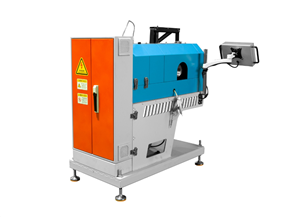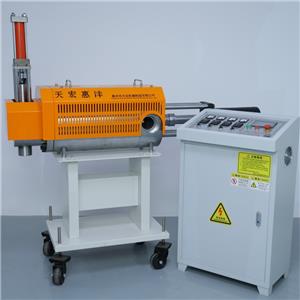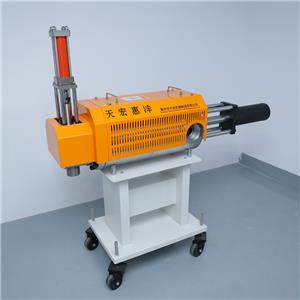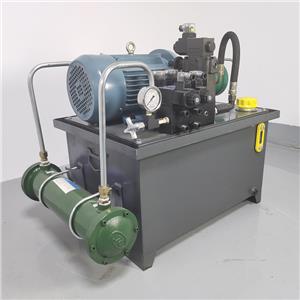New trends in Asian plastic recycling: South Korea mandates rPET usage, Japan implements easy-recycling certification
Global attention to plastic sustainability is driving the continuous evolution of regulations in various countries. Recently, two major Asian economies, South Korea and Japan, have successively released important regulatory updates targeting recycled plastics.
South Korea: Mandatory requirements, specifying rPET recycling targets and certification requirements
South Korea's Ministry of Environment announced on September 16, 2025, that it will revise the Enforcement Decree of the Resource Recycling Act to impose mandatory requirements on the content of recycled materials in PET beverage bottles, which will be officially implemented from the beginning of 2026.
The bill sets clear phased targets for the use of recycled plastics:
Phase 1: Starting from January 1, 2026, producers of colorless PET bottled water and non-alcoholic beverages with an annual production or filling volume exceeding 5,000 tons must use at least 10% recycled PET (rPET);
Phase 2: By 2030, the threshold will be lowered to producers with an annual production or filling volume exceeding 1,000 tons, and their rPET usage ratio must be increased to 30%.
Regulations pay special attention to the risks of non-intentionally added substances (NIAS), which is a core safety challenge in the application of recycled plastics in the field of food contact. To this end, South Korea's new regulations have designed a "dual certification" system consisting of recycling process certification and material certification. This not only ensures the effectiveness of decontamination in the recycling process but also fully evaluates the chemical safety of recycled materials through methods such as migration testing.
This model provides strong regulatory support for the safe application of rPET in food packaging, and at the same time places higher requirements on enterprises' supply chain management and quality control.
Japan: Incentive-based certification, focusing on easily recyclable design
Unlike South Korea's mandatory regulations, Japan's Ministry of Economy, Trade and Industry released design certification standards based on the "Plastic Resource Recycling Promotion Act" on July 24, 2025, adopting a voluntary certification system mainly based on incentives.
According to this standard, starting from January 24, 2026, for colorless PET beverage bottles, the following core requirements must be met to apply for certification:
Recycled material content: The rPET content must be at least 15%.
Recycling-friendly design: The bottle body must be made entirely of PET, the bottle cap and label must not contain PVC, and the label must be easy to peel off during the recycling process.
Certified products will be included in the priority procurement list of Japan's "Green Purchasing Law", thereby gaining a competitive advantage in government procurement.
Japan's strategy fully embodies the advanced concept of "Design for Recycling". By starting from the source of product design, it maximizes the recycling value of materials, thereby effectively improving recycling efficiency and the purity of rPET.
Conclusion:
Globally, increasing the proportion of recycled plastics used in food packaging has become a mainstream policy direction. For enterprises related to food contact materials, REACH24H Technology recommends: paying close attention to global regulatory developments, especially the requirements of major export markets, and conducting supply chain assessments and technical reserves in advance.
At the same time, drawing on the concept of "design for recycling", the recyclability of packaging is taken into account during the product development stage to adapt to more stringent regulatory requirements in the future.
[Source: OURUI Technology]
